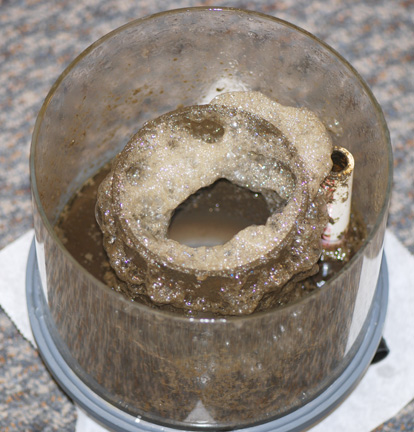Alexander1312
Supporting Member
Has anyone tried this one yet?
I believe someone here claimed that skimmer cannot reduce phosphates significantly / or at all from the water.
I know from several credible sources that this skimmer was able to bottom out previously high phosphates in larger tanks (300 gallons up). Any thoughts?
I cannot continue doing 30% weekly water changes, and I am looking for a serious solution to this problem (which, ideally, does not involve LC).
I believe someone here claimed that skimmer cannot reduce phosphates significantly / or at all from the water.
I know from several credible sources that this skimmer was able to bottom out previously high phosphates in larger tanks (300 gallons up). Any thoughts?
I cannot continue doing 30% weekly water changes, and I am looking for a serious solution to this problem (which, ideally, does not involve LC).
Last edited:




